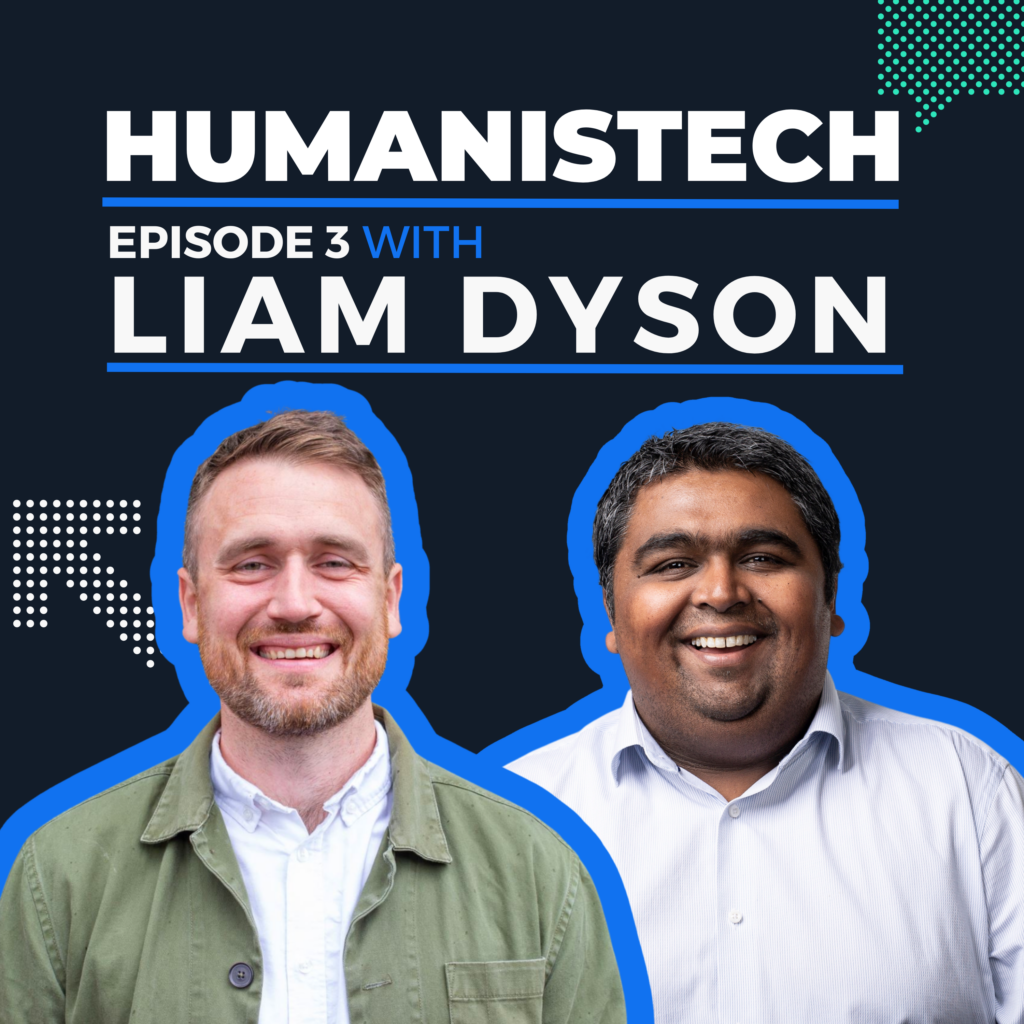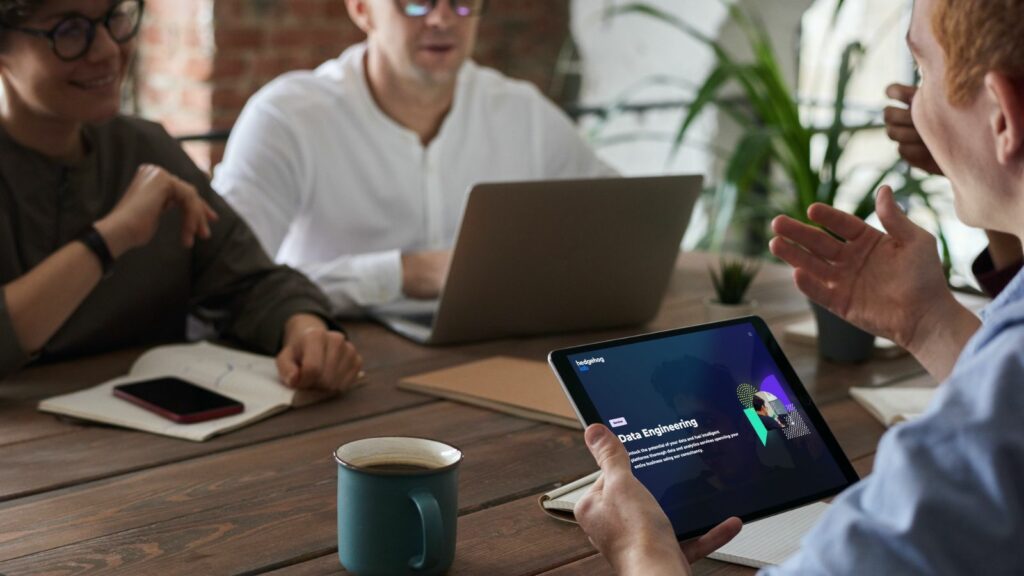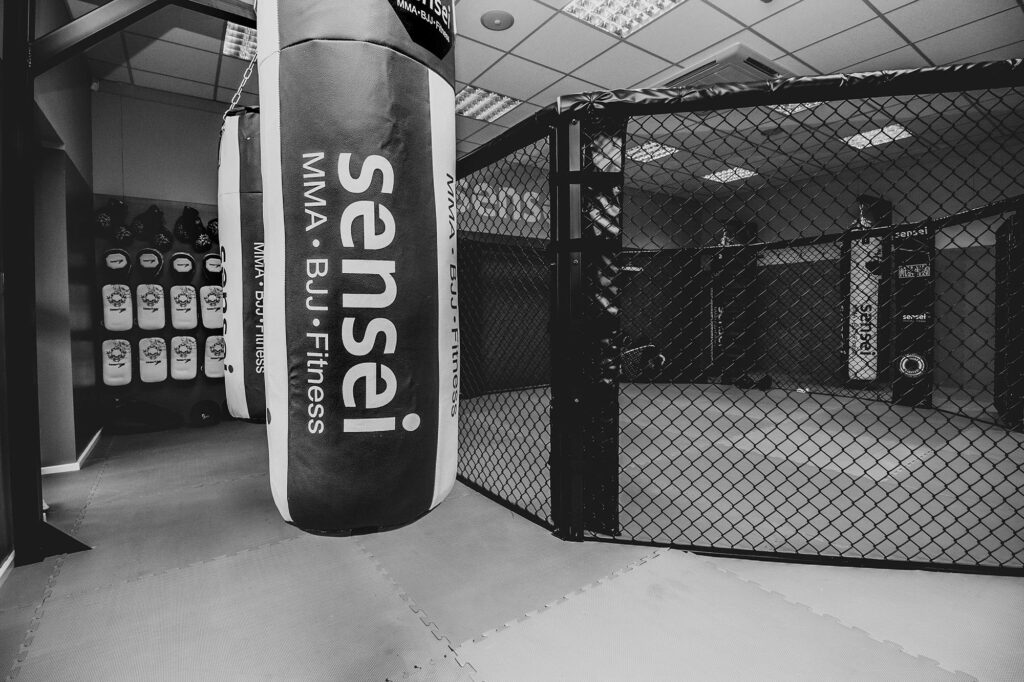Mobile applications in healthcare are revolutionising doctors’ lives. Some mobile healthcare apps‚ like Medscape‚ have been established for years – while others‚ like Heart Pathway and Dorothy‚ use cutting-edge machine learning and augmented reality to support doctors and patients.
Mobile health apps help doctors by increasing accuracy and decreasing time spent. For example‚ doctors using the Epocrates app save tens of hours per year in diagnosis time. Other apps for healthcare professionals are addressing the billions of dollars wasted per year on false alarms.
In this blog‚ we’ll see how:
- Mobile apps can help doctors and junior doctors to make faster‚ more informed decisions on thousands of health conditions
- Digital healthcare apps help connect doctors and patients more closely
- Advances in pioneering technologies can revolutionise many areas of care‚ from surgery to managing chronic diseases.
With our mobile technology and wearable devices‚ we have access to more personal and patient data than ever before. Let’s see how doctors use that health data‚ and mobile apps‚ in real-time.
Apps for doctors and junior doctors
Medical apps not only offer patients more insight into their health‚ wellness‚ and recovery. Doctors‚ and junior doctors‚ are now also able to leverage the power and flexibility of mobile apps to streamline workflows.
Using apps for healthcare‚ doctors receive quality information faster than ever before. This allows them to offer enhanced patient care and has a massive impact on the speed and value of decision-making.
There are also benefits for healthcare providers. Digital healthcare apps can help centralise things like medical records‚ while proving a rapid and cost-effective way to roll out new services and schemes. As we saw during the pandemic‚ healthcare apps in the UK were central to vaccine rollout and Covid tracing.
And‚ while the National Health Service (NHS) hasn’t always found it easy to digitise‚ this may signal the start of a new era for healthcare systems. So‚ how can medical professionals benefit from smartphone healthcare apps now?
Top apps for doctors
Healthcare mobile apps have made many aspects of doctors’ lives more straightforward. Mobile health applications (mHealth)‚ trackers and wearables have given doctors and patients access to more data than ever – here’s how they are using it.
Professional development
A crucial part of a doctor’s career is never to stop learning. There is also a constant need for a reliable source of health information as and when reference is needed.
The first app we see offer this is Medscape. It offers doctors access to the latest medical news‚ expert analysis‚ and leading presentations. Likewise‚ it provides news on cutting-edge discoveries and trials that contribute to medical knowledge.
Medscape is one of the most comprehensive doctor’s apps in app stores. On top of news and research‚ it offers thousands of medical guides to help learn and diagnose‚ with access to a helpful community of experts. For day-to-day help and ongoing development‚ Medscape is one of the top medical apps for doctors.
Second on our list is Skyscape Medical Library. Much like Medscape‚ it offers guides on conditions and symptoms‚ with access to hundreds of healthcare textbooks through the app. It also gives direction on drug dosages and lab manuals‚ proving one of the most popular healthcare apps for doctors overall.
Telemedicine and telehealth
Digital healthcare apps can also transform how doctors deal with patients in the modern world. With the rise of remote appointments‚ telemedicine and telehealth‚ it’s vital to build apps doctors use to address needs quickly – and from anywhere.
The NHS recently made improvements to its mobile app‚ giving additional functionality. Patients can now access their electronic health records (EHR) and medical history from their device. Likewise‚ it’s an app for doctors and patients’ records‚ giving fast access to past information.
Others‚ like the Livi app‚ increase access to appointments. Through it‚ patients can connect to NHS doctors seven days a week for advice‚ suggestions and prescriptions. The breakthrough of telemedicine gives doctors access to more patients‚ and removes the waiting and physical restrictions of visiting a surgery.
We’ve also seen a welcome increase in mental health awareness. With a quarter of us suffering from mental health challenges‚ it’s vital that mobile apps give access to fast and accessible advice. Smartphone healthcare apps like Wysa help both doctors and patients by giving users mental health advice and relief around the clock. This can help implement prescribed practices‚ like CBT‚ using advanced artificial intelligence chatbots to tailor responses.
Treatment monitoring
Medical apps can also monitor ongoing treatments. From keeping track of blood pressure in apps like SmartBP to more sophisticated monitoring‚ smartphone apps can help doctors by gathering and analysing data. There’s even more potential when paired with a smartwatch.
Apps like Teamscope and Lexicomp allow patients to report events‚ drug-tracking and symptoms directly to their doctors. This helps doctors stay on top of conditions‚ acting when necessary.
Some of the best medical apps for doctors also give vital information. The Airstrip app has already given cardiologists access to patient heart rate‚ rhythms and waveforms. Doctors can use this during treatment‚ ongoing monitoring‚ or even for analysis of potential patients. It allows remote ECGs and can raise alarms if events are triggered.
Diagnostics
Another key part of digital health apps is diagnostics. Instead of relying on memory alone‚ doctors can now use smartphone apps and information technology to support their diagnoses. This is also key for junior doctors. With their wealth of knowledge and experience‚ apps like Epocrates are among the best apps for junior doctors to learn and train on the job.
Named for the father of medicine‚ Epocrates is used by millions of healthcare providers. It gives diagnosis support‚ saving doctors 20 minutes per day in decision-making time. Its library allows fast identification of symptoms‚ drug suitability checks‚ and treatment recommendations.
Doctors can also use today’s clearer‚ larger mobile device screens to analyse pictures. The VisualDX app allows doctors to search for symptoms and analyse thousands of previous instances of hundreds of conditions. This helps doctors recognise and diagnose rapidly – backed by visual evidence.
Emergency response
Of course‚ a substantial part of a doctor’s job is reacting to unforeseen events. The internet of things (IoT) allows patients to alert doctors more quickly if something isn’t right‚ from a range of wearable medical devices.
Apps like PEPID give emergency doctors knowledge when they need it quickly. If a patient is unresponsive‚ doctors can use PEPID’s disease checker to pinpoint symptoms. In other cases‚ a doctor may need to identify an unknown drug through PEPID’s drug identification machine learning model.
Likewise‚ the Heart Pathway app saves vital time in patients presenting with chest pains. Its advanced algorithm tests patients for key symptoms‚ identifying those that should continue to emergency cardiac treatment. Not only does this save critical patient time – up to 12 hours per visit – but it also frees doctor time from false alarm cases. With the rise in machine learning in mobile apps‚ apps like Heart Pathway will continue to increase efficiency and response time when they’re needed most.
Augmented reality healthcare apps
Similarly‚ advances in augmented reality apps for healthcare can revolutionise medical care. For example‚ the Accuvein medical app allows doctors and nurses to locate veins easily and quickly before injections. It uses augmented reality (AR) projections of veins onto patients’ bodies to guide doctors‚ saving valuable time.
AR can also improve training. Companies like Augmedics have created augmented reality training for doctors to practise medical procedures. More advanced versions can help guide doctors during real-life surgery.
AR medical apps can also help patients. The Dorothy app helps guide Alzheimer’s patients in daily tasks‚ providing AR reminders and guides. It also connects to the caregiver‚ proving one of the most valuable apps for doctors and patients when dealing with memory conditions.
But AR is still a young technology. Companies must find mobile application development companies skilled in AR mobile apps. Then‚ doctors must undergo robust training to use those apps. Healthcare apps in the UK must also abide by strict data protection and safety guidelines‚ meaning safe and professional mobile app development is non-negotiable.
Healthcare apps for iPhones and Android
Medical apps for doctors have been developed across platforms‚ able to be used from anywhere with a connection. Some even offer offline modes for use in operating theatres or away from signal.
Most smartphone healthcare apps are available on iOS in the Apple app store‚ as well as in the Google Play store. Developers can build platform-agnostic apps from a single codebase using Flutter‚ enabling quicker build and rollout to the vast majority of devices.
In this way‚ mobile apps for healthcare industry professionals can easily reach millions of doctors worldwide. With health technology on the rise‚ healthcare applications growing‚ and new capabilities‚ doctors can leverage the power of mobile app development to increase efficiency and improve patient health.





